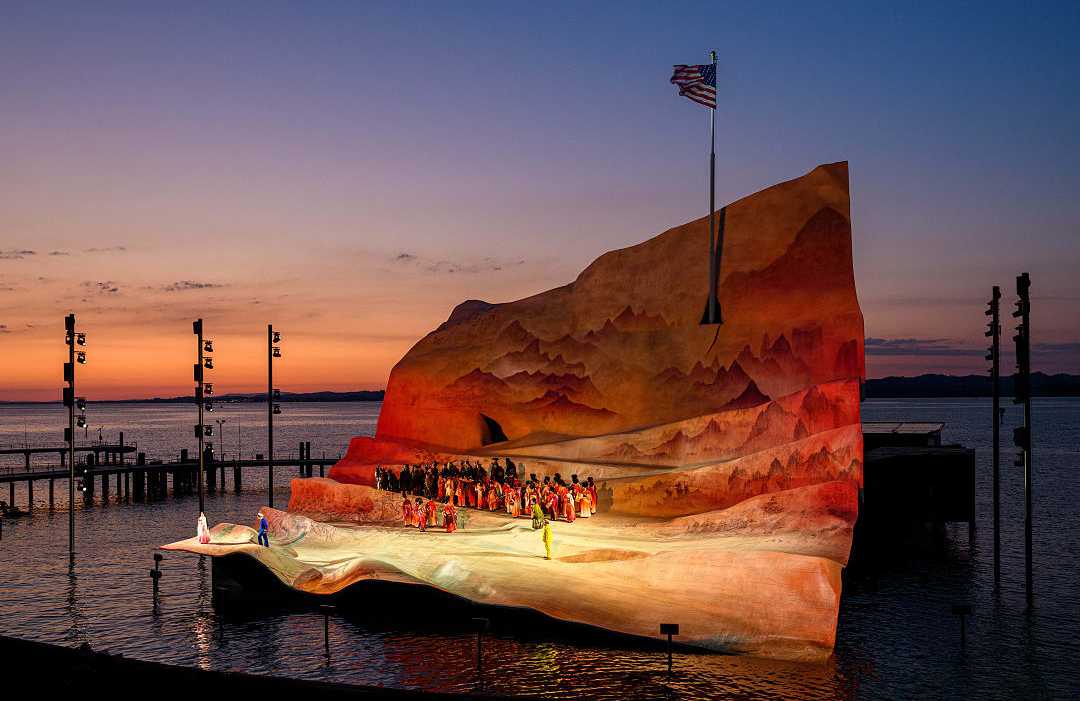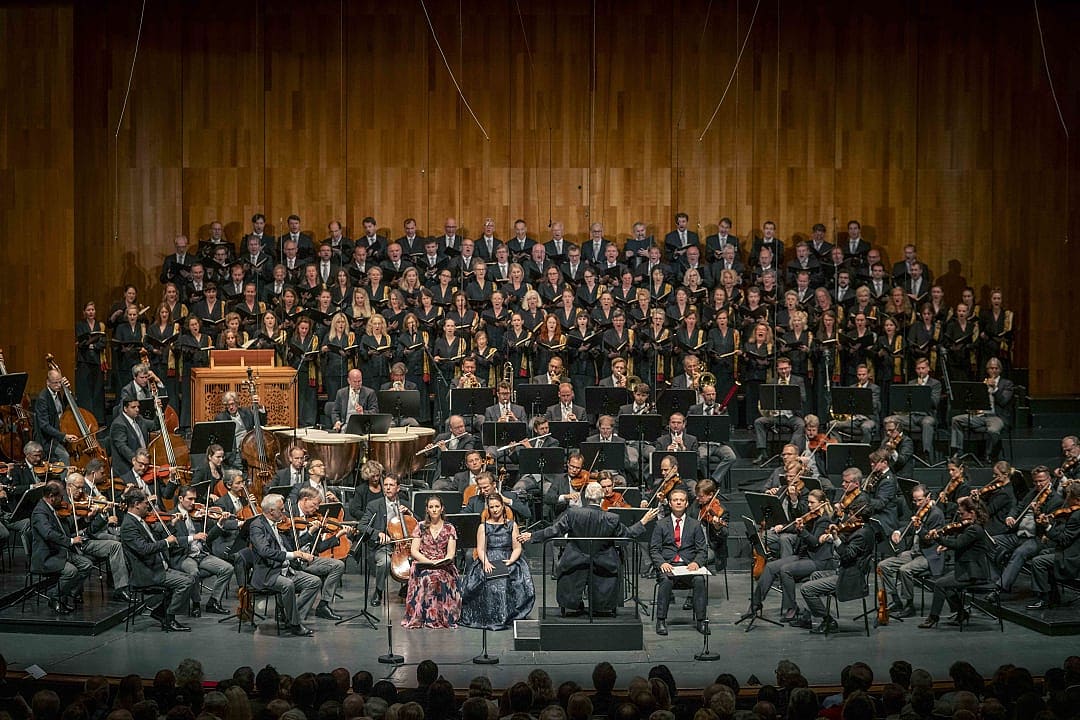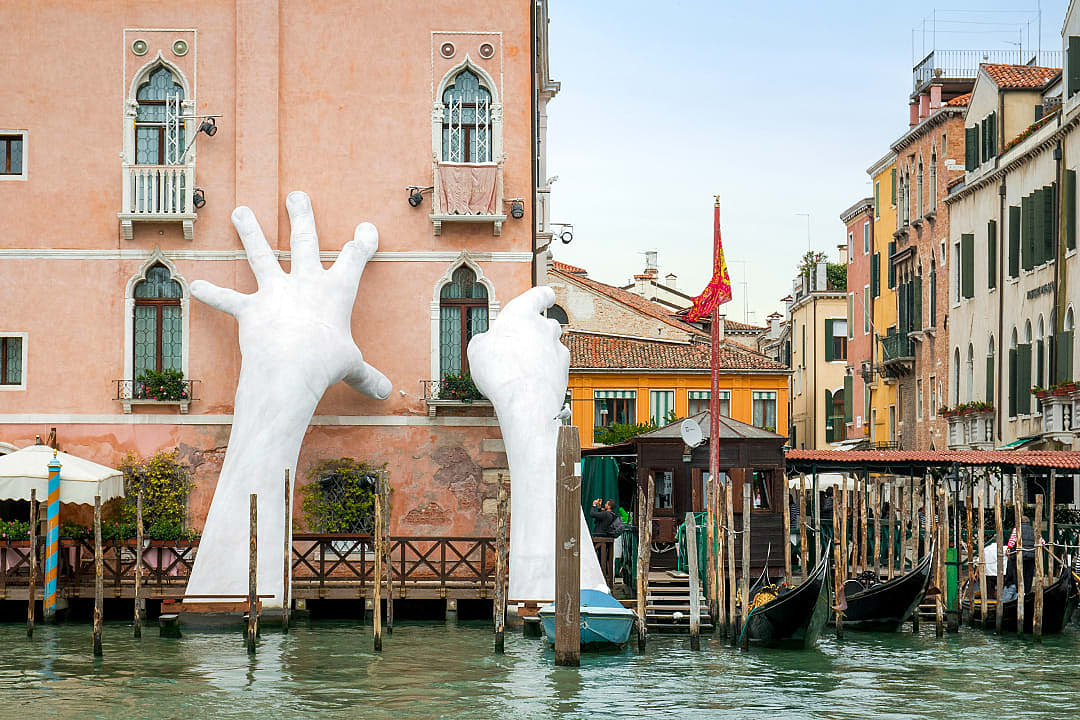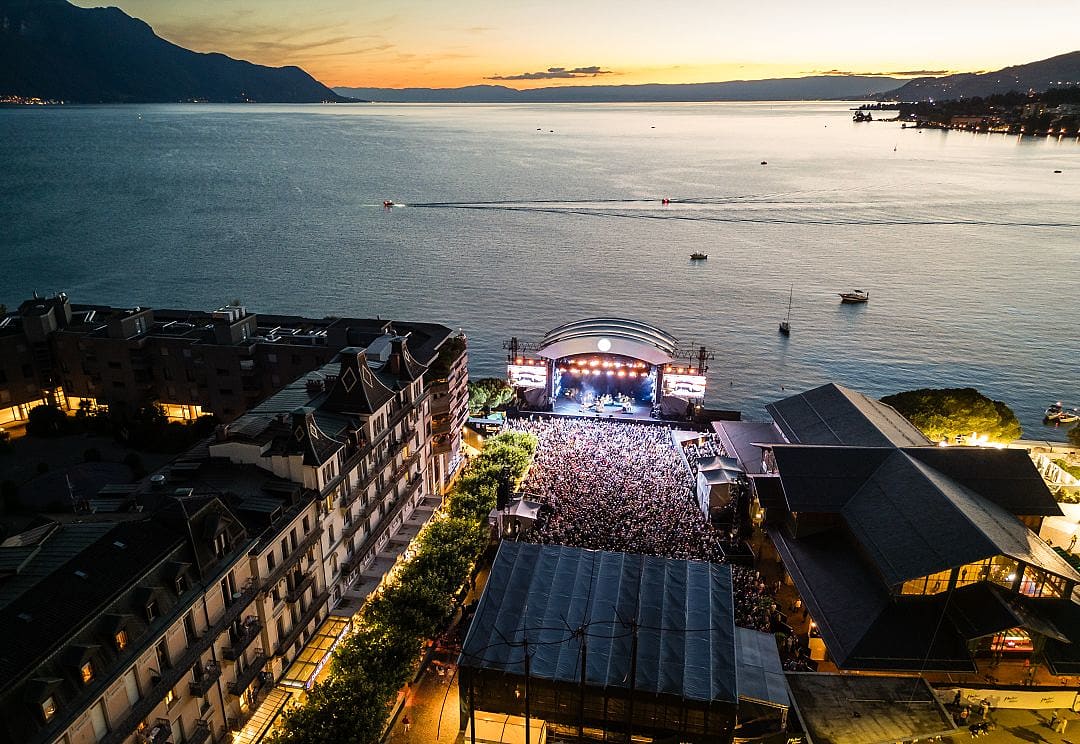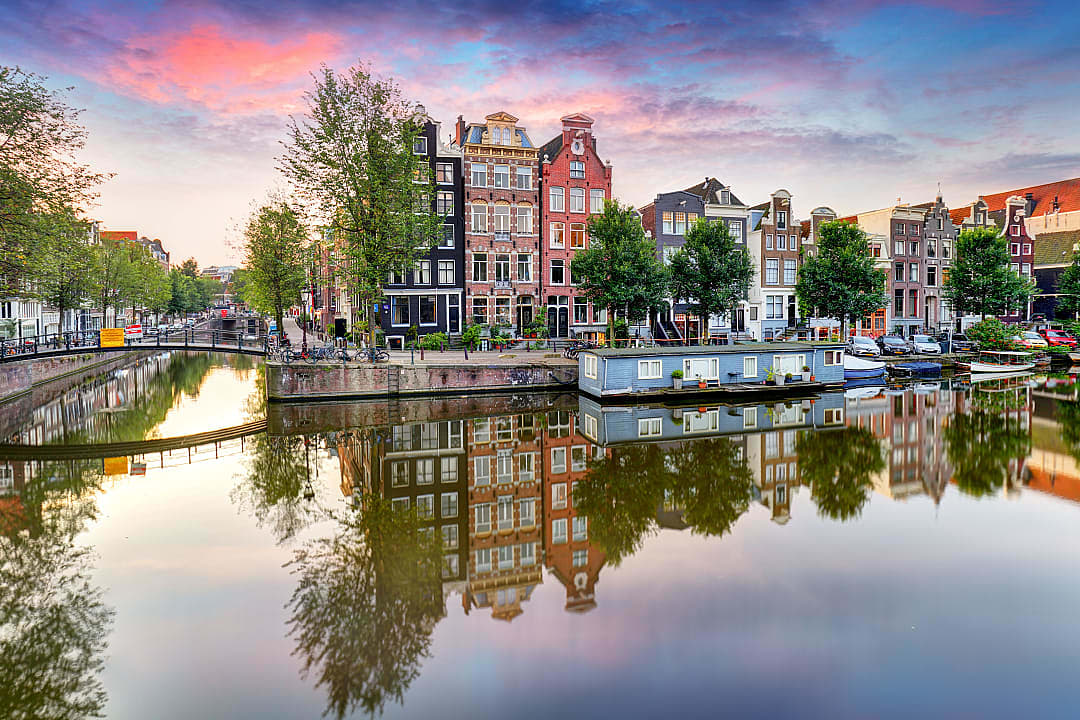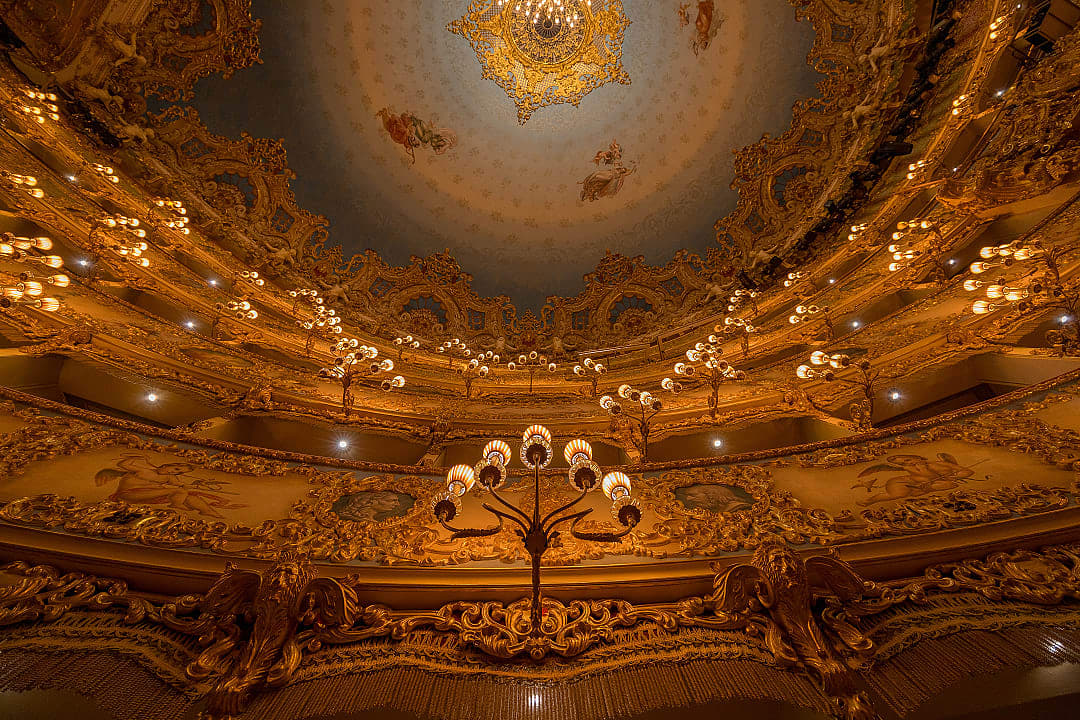The Salzburg Festival is one of the world's most prestigious cultural events, celebrating the rich artistic heritage of the region. Founded in 1920, the festival initially focused on opera, drama, and concerts. Over the years, it has evolved into a showcase for classical and contemporary works, drawing artists and audiences from around the world. Today, the Salzburg Festival spans five weeks and features a diverse program that includes operatic performances, theatrical productions, and orchestral concerts. The festival is renowned for its emphasis on Mozart's operas, reflecting the composer's deep connection to his birthplace.
With venues ranging from historic theaters to open-air stages, you can enjoy breathtaking performances set against the stunning backdrop of Salzburg's Baroque architecture and picturesque landscapes.
When: July-August
